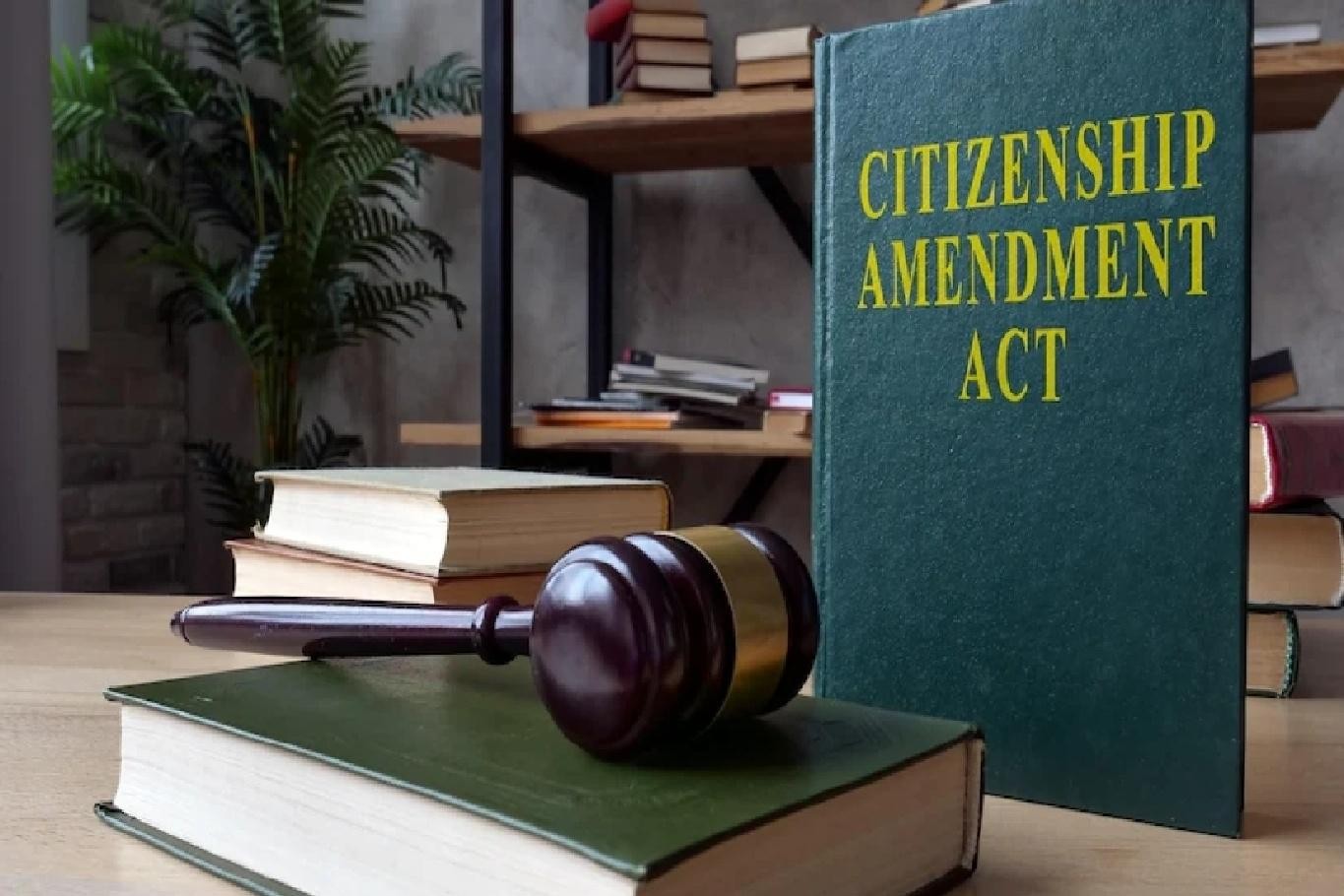
As the Lok Sabha elections loomed, over 350 individuals were granted Indian citizenship on Wednesday through the newly enacted Citizenship Amendment Act (CAA) of 2019, as reported by various news outlets. Initially, a group of 14 individuals received citizenship in the capital city, while the remainder were digitally awarded citizenship across other regions of the nation. Notably, some applications were processed prior to the official notification of the rules in March of the current year, according to officials cited by the Economic Times.
Home Secretary Ajay Kumar Bhalla personally presented citizenship certificates to the initial 14 recipients in the national capital after their applications were processed online via a dedicated portal. This development occurred in the backdrop of the ruling Bharatiya Janata Party (BJP) prominently featuring the implementation of the CAA in its electoral agenda.
The CAA, which aims to grant Indian citizenship to persecuted minorities from neighboring Muslim-majority countries, notably Pakistan, Afghanistan, and Bangladesh, has been a contentious issue since its introduction. It allows for eligibility based on religion, a departure from previous citizenship norms. The law was passed by the Rajya Sabha on December 11, 2019, and later received presidential assent, officially becoming an Act.
The enactment of the CAA triggered widespread protests across the country, particularly in universities and minority communities, citing concerns of discrimination and communal division. These protests culminated in clashes with law enforcement, most notably at Aligarh Muslim University and Jamia Millia Islamia University, as well as the emergence of the iconic Shaheen Bagh protest in Delhi.
Opposition parties, led by figures like Mamata Banerjee and P Chidambaram, vehemently opposed the CAA, vowing to repeal it if they came to power. Chidambaram, a senior Congress leader, reiterated this stance, asserting that the law would be entirely revoked, not just amended.
The timeline of events surrounding the CAA reflects a turbulent period in India’s recent political landscape, marked by protests, clashes, and a polarizing debate over the principles of citizenship and religious inclusion. Despite the ongoing controversy, the government’s move to issue citizenship certificates signifies a significant step in the implementation of the contentious legislation, especially in the lead-up to the forthcoming Lok Sabha elections.










